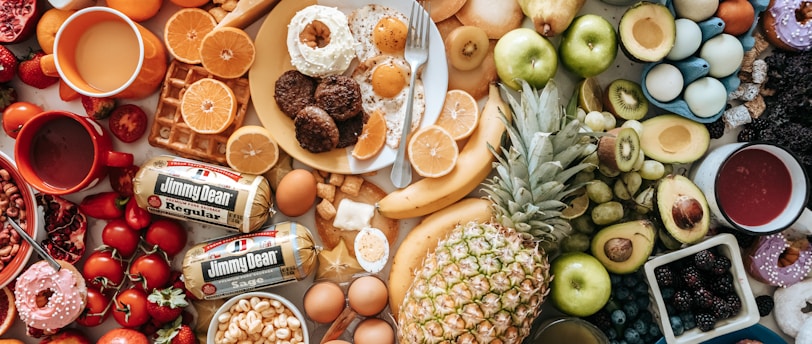Can Dogs Eat Human Food?
Discover which human foods are safe for your dog to eat and which ones to avoid, for a healthy and happy furry friend.
Can my dog eat human food? As dog owners, we often find ourselves sharing a special bond with our furry companions, including sharing meals together. While it's tempting to offer your dog a taste of your favorite foods, it's essential to understand which human foods are safe for dogs and which ones can be harmful. In this guide, we'll explore the dos and don'ts of feeding your dog human food to ensure their health and happiness.
Understanding Your Dog's Dietary Needs
Before diving into the world of human food for dogs, it's crucial to understand your dog's dietary needs. Dogs are primarily carnivores, meaning their natural diet consists of meat. However, they can also benefit from a balanced diet that includes vegetables, fruits, and grains in moderation. Additionally, dogs require specific nutrients like protein, fats, carbohydrates, vitamins, and minerals to thrive.
Safe Human Foods for Dogs: Fortunately, many human foods are safe and even beneficial for dogs when given in moderation. Some examples include:
Lean meats like chicken, turkey, and beef (cooked and unseasoned)
Plain, cooked eggs (avoid raw eggs)
Plain, cooked rice and pasta
Certain fruits like apples (without seeds), bananas, and blueberries
Certain vegetables like carrots, green beans, and sweet potatoes (cooked)
Moderation is key when offering these foods to your dog. While they can provide variety and additional nutrients to their diet, they should not replace their regular dog food.
Foods to Avoid
While some human foods are safe for dogs, others can be toxic and harmful to their health. It's essential to be aware of the following foods and ingredients to keep your furry friend safe:
Chocolate
Grapes and raisins
Onions and garlic
Avocado
Xylitol (found in sugar-free products)
Alcohol
Coffee and caffeine
Bones (especially cooked bones, which can splinter and cause injuries)
Foods high in salt, fat, or spices
These foods can lead to various health issues in dogs, ranging from gastrointestinal upset to organ failure and even death. It's best to avoid feeding these items to your dog altogether.
Consulting with Your Veterinarian
If you're unsure about whether a specific human food is safe for your dog, it's always best to consult with your veterinarian. They can provide personalized advice based on your dog's breed, age, health status, and dietary needs. Additionally, they can recommend specific foods or supplements to enhance your dog's diet if needed.
Conclusion
While sharing food with your dog can be a bonding experience, it's essential to prioritize their health and safety. By understanding which human foods are safe and healthy for dogs and which ones to avoid, you can ensure that your furry friend enjoys a balanced and nutritious diet. Remember to offer human foods in moderation, consult with your veterinarian when in doubt, and always keep your dog's well-being as the top priority.


